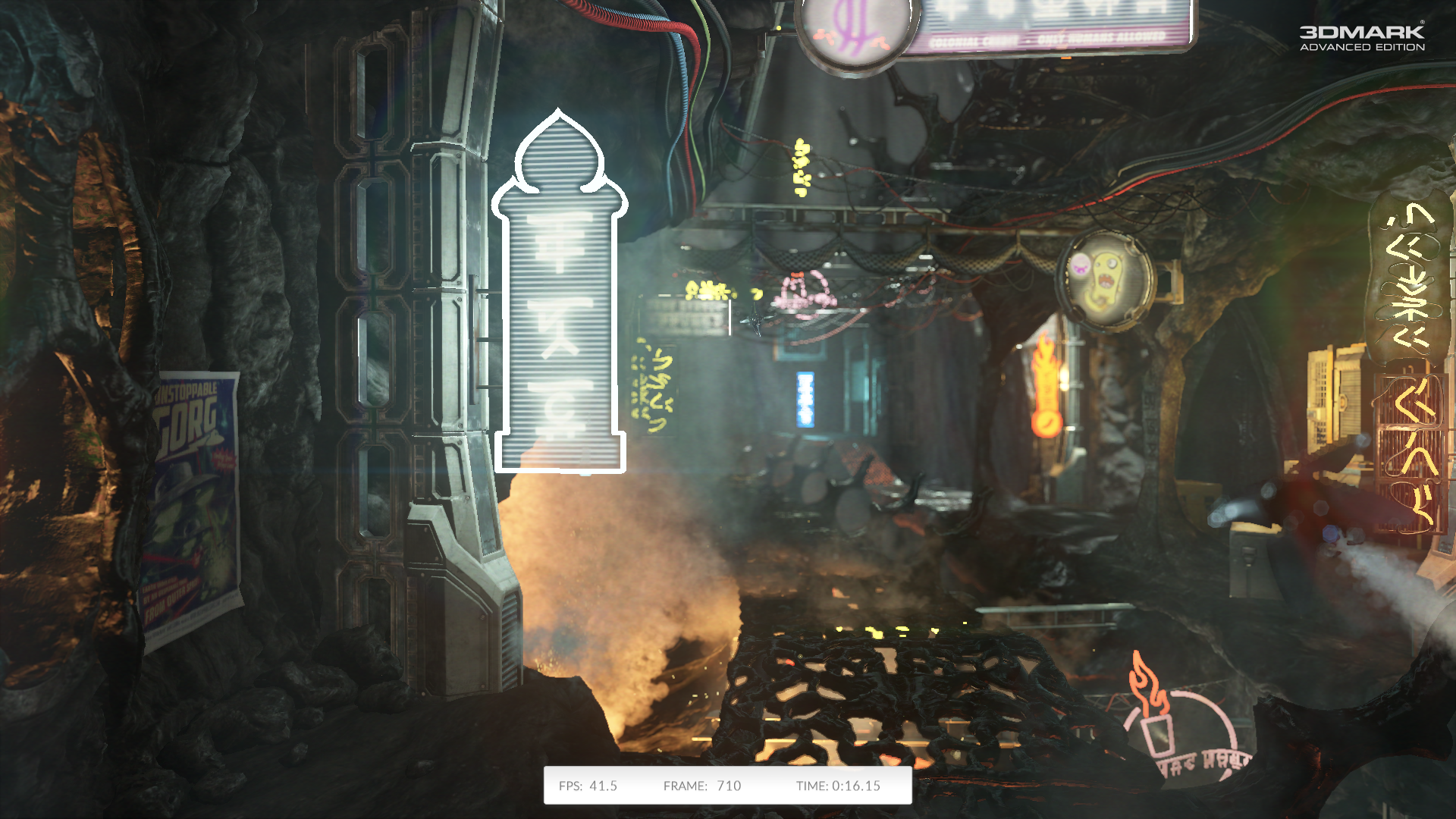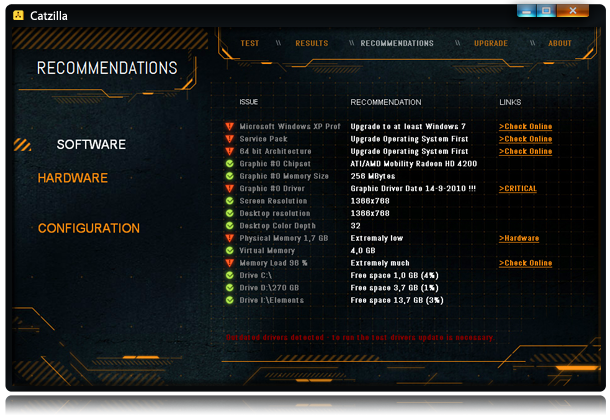How do I benchmark my PC?

Ask PC Gamer is our weekly question and advice column. Have a burning question about the smoke coming out of your PC? Send your problems to letters@pcgamer.com.
Dear PC Gamer, I'm doing some upgrades, and maybe overclocking, and I want a good before and after snapshot. I've never benchmarked anything before, so what tools should I use? —Adrian A.
Hey Adrian! I'm assuming you're after 3D graphics benchmarks, not specifics like CPU stress tests or HDD transfer speeds, and that's simple. There are two methods for game benchmarking: synthetic tests and 'real-world' tests.
Synthetic benchmarks are programs designed specifically for benchmarking, and usually offer the most detailed results. A few popular programs are Catzilla, Furmark, Unigine Heaven, and 3DMark, which is available on Steam. We use Heaven 4.0 for a lot of our benchmarks, but 3DMark is also a good package: it includes multiple benchmarks for different types of systems, assigns scores for graphics and physics processing, and compares your results to those of other users to show you how your rig compares. You can try out basic versions of 3DMark and 3DMark 11 for free.
I also recommend trying Catzlilla: the basic version is cheap, and if you get the slightly more expensive advanced version (which is on Steam), it conveniently makes upgrade and configuration recommendations, and can test whether or not your system can run certain games.
If you're just entertaining your curiosity, you don't need to buy anything, but having fully featured benchmark tool is great if you're doing serious overclocking and want to track your GPU temps at 4K, for instance.

Real world benchmarks test real games, which you can do by recording your framerate during some consistent in-engine scene with FRAPS or other software (the tricky way), or by using a benchmarking tool included with a game. Your results will generally be your minimum, average, and maximum framerates. Quite a few games come with benchmark tools—here are some off the top of my head:
- BioShock Infinite
- Metro 2033
- Metro: Last Light
- Shadow of Mordor
- Thief
- Tomb Raider
- Sleeping Dogs
- Batman: Arkham City
- Dirt 3
- HAWX 2
- Crysis 3
- Grand Theft Auto 5 (run the benchmark in-game after completing the prologue)
Because no one game or benchmark tool can tell you everything about a system's performance, we generally do several different benchmarks when testing a GPU. One processor might be great in Tomb Raider, for instance, but struggle in another game. Again, if you just want to see the results of an upgrade, there's no need to go overboard.
The biggest gaming news, reviews and hardware deals
Keep up to date with the most important stories and the best deals, as picked by the PC Gamer team.
You should follow some best practices, though. Start by making sure your OS and drivers are up-to-date. Before each benchmark, reboot your PC and give it some time to settle. Next, turn off anti-virus software, close anything that automatically updates, and, well, basically just kill any background software you can safely kill. Futuremark recommends waiting another 15 minutes at this point for pristine results, but I wouldn't worry about that in your case. Run the benchmark, and don't touch anything while it's going.
Now do it over a couple more times. If you want to be scientific about it, reboot again and go back through the whole process from there—just make sure the environment is the same for every test. You won't necessarily get the exact same results each time, but they should be very close. If one score is way off from the others, something interfered with the test, so try again until you have a consistent set of results.
And there you are! If you're making significant upgrades, you should see a clear difference in benchmark results. Good luck with the new components, and don't set anything on fire.

Tyler grew up in Silicon Valley during the '80s and '90s, playing games like Zork and Arkanoid on early PCs. He was later captivated by Myst, SimCity, Civilization, Command & Conquer, all the shooters they call "boomer shooters" now, and PS1 classic Bushido Blade (that's right: he had Bleem!). Tyler joined PC Gamer in 2011, and today he's focused on the site's news coverage. His hobbies include amateur boxing and adding to his 1,200-plus hours in Rocket League.

